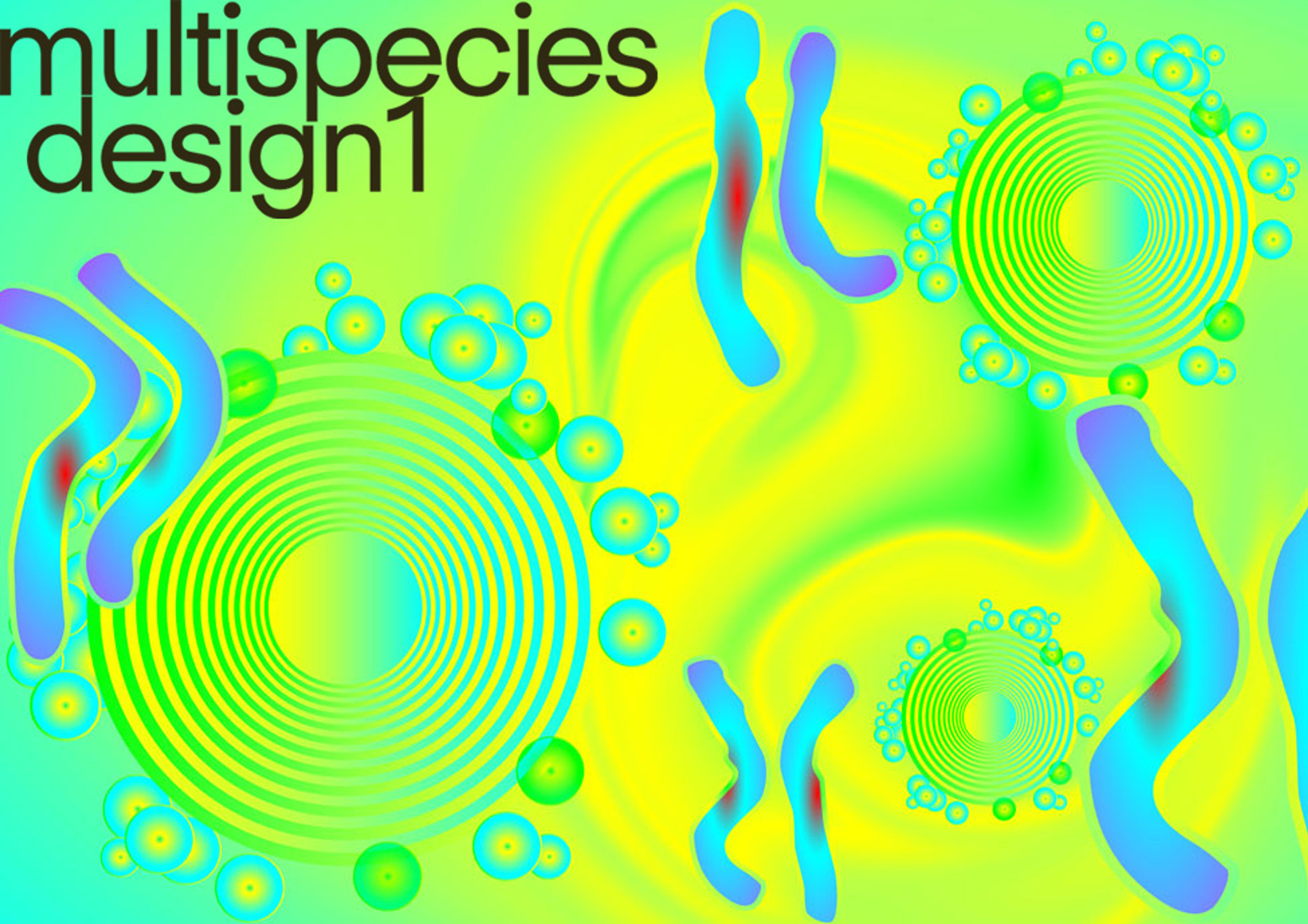More than human design after the Anthropocene: »What I talk about when I talk about diving: A designer in the ocean.« by Rasa Weber
Symposium
Multispecies Design International Symposium
Curated by Claudia Banz and Lynn Harles
The interdisciplinarity of the natural sciences, anthropology, cultural studies and the creative disciplines of design and architecture has been undergoing a »multispecies turn« for some years now. This interdisciplinary approach challenges traditional anthropocentric perspectives and instead emphasizes the interdependence and interconnectedness of all life forms, including plants, animals and microorganisms. Against the backdrop of global challenges such as climate change, biodiversity loss and ecosystem degradation, the multispecies turn offers important insights and strategies in relation to ethical and social debates, environmental and nature conservation, sustainability and resilience.
The symposium »Multispecies Design« aims at mapping positions and combines research and best-practice examples from different scientific and design perspectives.
Rasa Weber (Zürich University of the Arts + Matters of Activity, Berlin, Zurich)
»What I talk about when I talk about diving: A designer in the ocean.«
In the face of drastic ecological change, the design discipline has begun to develop immersive and sensitive methods to engage with anthropogenic environments. While the discussion on a multispecies design approach has so far mainly focused on the relationships between humans and other-than-human species in the terrestrial, the marine world has tended to be overlooked in these considerations and often remains tied to the normative myth of »purity«, »untouchedness« and »wilderness«. However, coral reefs in the Anthropocene are facing drastic and potentially irreversible changes. Corals are both an indicator and a measure of impending climate catastrophe. The issues arising from an assessment of current biopolitical measures to conserve and restore coral reefs are the subject of fierce debate between different cultures of knowledge and diverse approaches to conservation policy. This talk explores how the role of design might be able to disentangle the design of artificial, human-made habitats from the normative divide between humans and nature and, through the lens of queer ecologies, establish forms of convivial conservation in intimate contact with coral life and livelihoods.